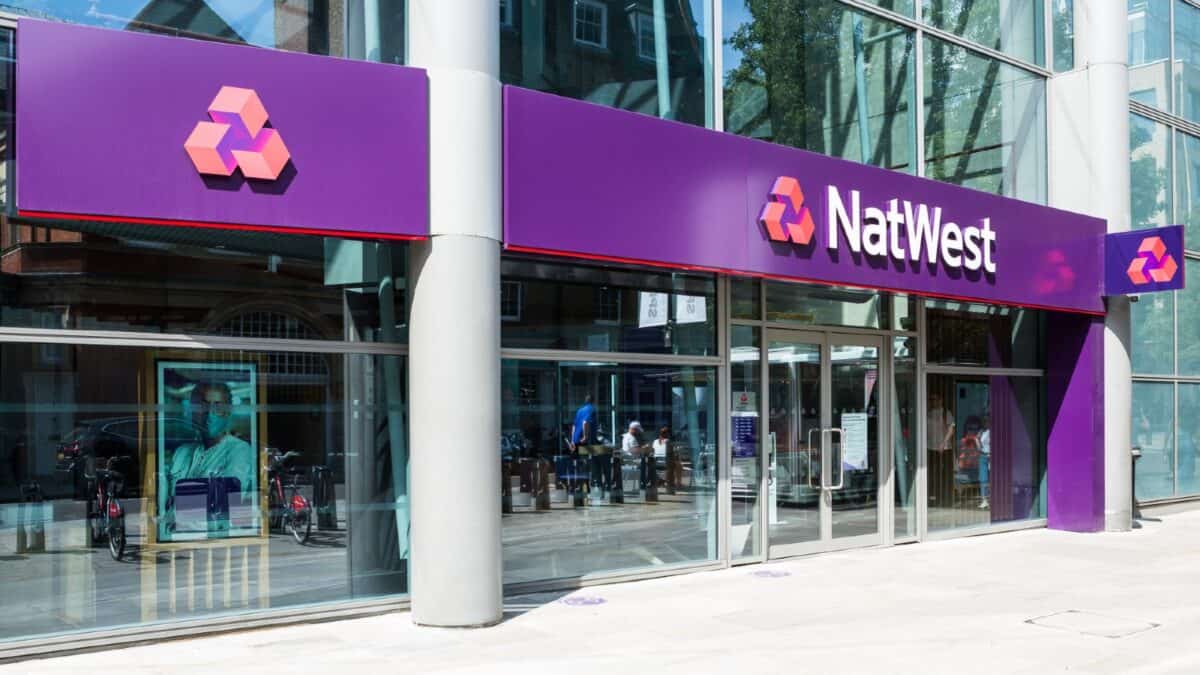Looking across the London stock market, quite a few UK shares seem like a bargain, at first blush.
The banking sector, for example, throws up some mid-single digit price-to-earnings (P/E) ratios. Barclays has a P/E ratio of 4, as does NatWest. Lloyds sells for just six times its annual earnings. Normally, the lower a P/E ratio, the cheaper a share looks.
Things are not always so simple though. P/E ratios do not take into account the debt a company may be carrying on its balance sheet. Also, if earnings fall, what looks like a cheap share based on its P/E ratio can turn out to be a value trap in the end.
The asset management sector also throws up some apparently cheap UK shares at the moment. Jupiter has a P/E ratio of 8, for example, while Liontrust is around 10.
If I wanted to invest some spare money right now, would it make sense for me to buy banking or asset management shares? Or might I be better just sitting on the money for now?
Banking shares
All shares carry risks. As an investor, I need to get the right balance of risk and potential reward when making decisions.
I also want to stay inside a risk level I am comfortable with. As Warren Buffett has said, no share is worth losing a night’s sleep over.
I do think the bank’s shares could turn out to be a real bargain. The potential reward here is not just in the form of a price rebound, but also juicy dividends. NatWest is yielding 7.6%, for example. That is high for a FTSE 100 bank.
But what concerns me is the risk that a worsening economy will hurt the economics of the sector, as more loan defaults eat into profits. Indeed, I think that fear rather than current actual performance is a key reason why UK shares in the banking sector look so cheap right now.
All three of the banks I mentioned have lost value over the past five years, with share price falls of 12-21%.
For now, I expect the economy to get worse before it gets better. If I am wrong, bank shares could jump in value. But at this point in the economic cycle, I do not feel comfortable investing in UK shares in the banking sector. And I own none.
Asset management shares
What then about asset managers? I also see risks here. A key, in a word, is demand.
People need to bank no matter how good or bad the economy is. But investing money through an asset manager is more of a discretionary choice. I am concerned that we could see outflows of funds from some managers as customers tighten their belts.
That said, I think one positive difference compared to banking is that asset managers do not have the same risk of losses from bad loans that banks do.
Even if an asset manager loses some customers, it could still be firmly profitable. It simply needs to match its cost base to its revenues.
Not all asset managers are made equal. But I have asset management shares in my portfolio, such as M&G. Of the UK shares I currently own in my portfolio, none are banks.








